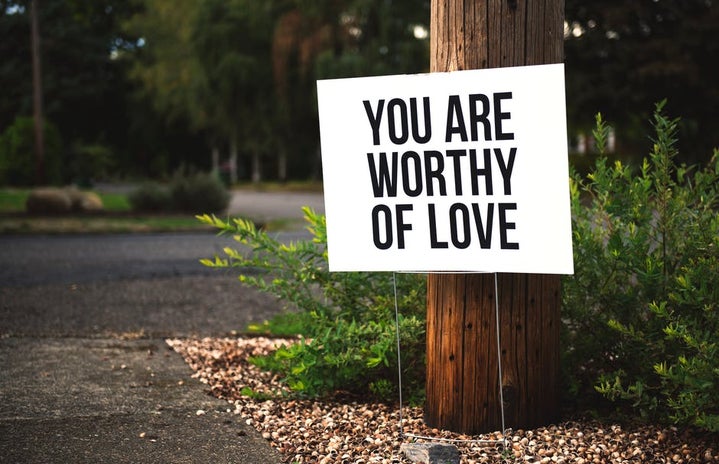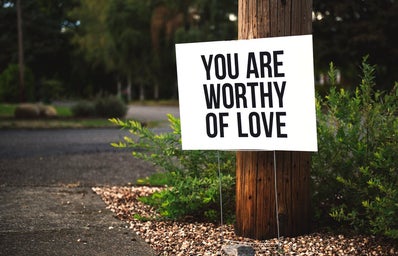Last week, I was lucky enough to attend a discussion webinar presented by Ohio 5’s Moving Bodies and Social Justice series. The title of it was “Body Positivity: Radical Self Love and Social Transformation.” I thoroughly enjoyed this discussion, because of the sensitivity that the hard topics were treated with; they were accompanied by empathy, compassion, and humor. There was one facilitator, Rashana Perks Smith, and two speakers, Sydnie Mosely and Sharon Udon. I was not sure what to expect as I had no preconceived notion of who was going to speak or what was really going to be discussed, but to say I was pleasantly surprised would be an understatement. This discussion explored the world of what radical self-love means, and how we can use compassion and empathy to break down systematic issues and move towards equality and justice for all.

Radical self-love to me means loving ourselves unconditionally, loving the parts of ourselves we may label our “weaknesses”, and welcoming our full selves. There were many aspects of this talk that stood out to me, from certain ideas about social change to comments about loving our bodies. I do not remember which comments were said by which speaker, but they were both so delightful and energetic it was hard not to be struck by everything that was said. There was an idea expressed that “you don’t need to negotiate your body with anyone who doesn’t treat it with respect and safety.” This was really inspiring, as I believe it illuminates our autonomy and reminds us that we are in control of our bodies. Branching off of this, Sydnie Mosley said “if you don’t realize the beauty in something, how can you care for it?” Out of everything that was said this resonated with me the most. Especially since quarantine, it has felt like more effort to practice taking care of my mind and body, and I know it is not just me. Through the many months where every day feels like groundhog day, I think it is so easy to feel a lack of purpose and awareness for what our body needs. I tend to have an inner conflict with wanting to feel my best and getting wrapped up in school and social time, leaving me unmotivated and tired. I am very much a caretaker, so at first, when I heard her say this my reaction was, “Well, I think everyone is beautiful and different so it’s easy to care for others.” Then I thought about looking inward and applying the same thing to myself.
Since the talk, I have not stopped thinking about what Sydnie said.
Moving to the other part of the conversation, I appreciated their commentary on the use of space within social justice. “Radical self-love perpetuates social justice.” When we all love ourselves wholeheartedly, we feel and embody our worth and can stand up to inequalities and instead raise people up. Both speakers come from artistic backgrounds with dance and music and discussed how they use radical self-love within these fields. The speakers talked about the use of space, and when it is appropriate to make space for yourself, and when is it right to make room for other people. One of the speakers said that “artists can reimagine the use of space and our relationship to one another’s space,” which is an idea I don’t usually think about in terms of literal space but nonetheless, I was intrigued. They also talked about how we “can show love to black and brown bodies,” and further understand intersectionality in regards to women of color.
The speakers also underscored how rituals can help to keep oneself grounded, which correlates with my previous article on self-care. As we move forward in the school year and the pandemic, I challenge you to define what radical love means to you and explore how it impacts the way you treat others. This lovely talk ended in saying that we are all exactly where we’re supposed to be, which I believe is crucial to hear right now as we are all learning how to make space and love radically. So, if no one has told you recently, here is me reminding you that YOU are exactly where you are supposed to be, and you are doing your best, and that is enough.



